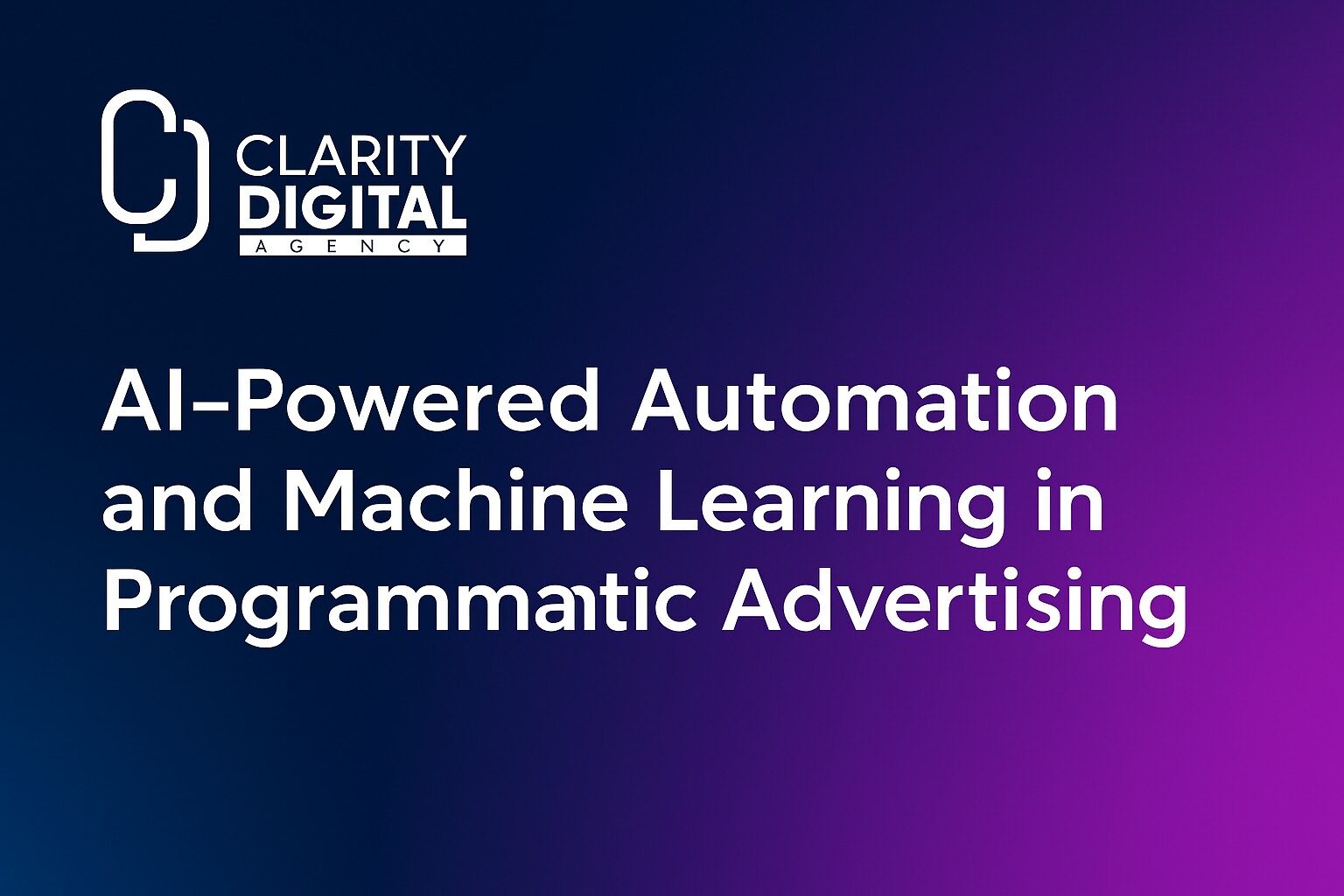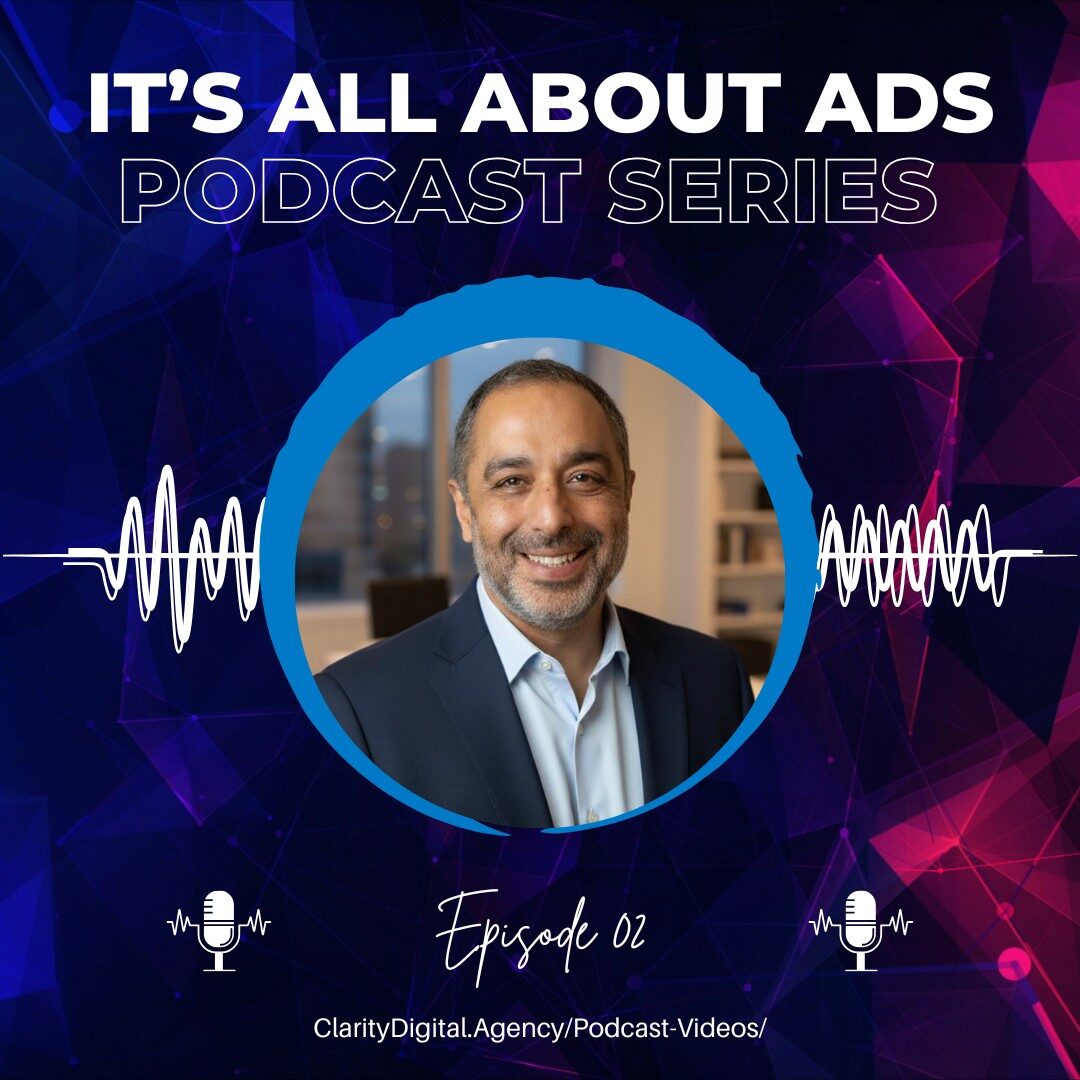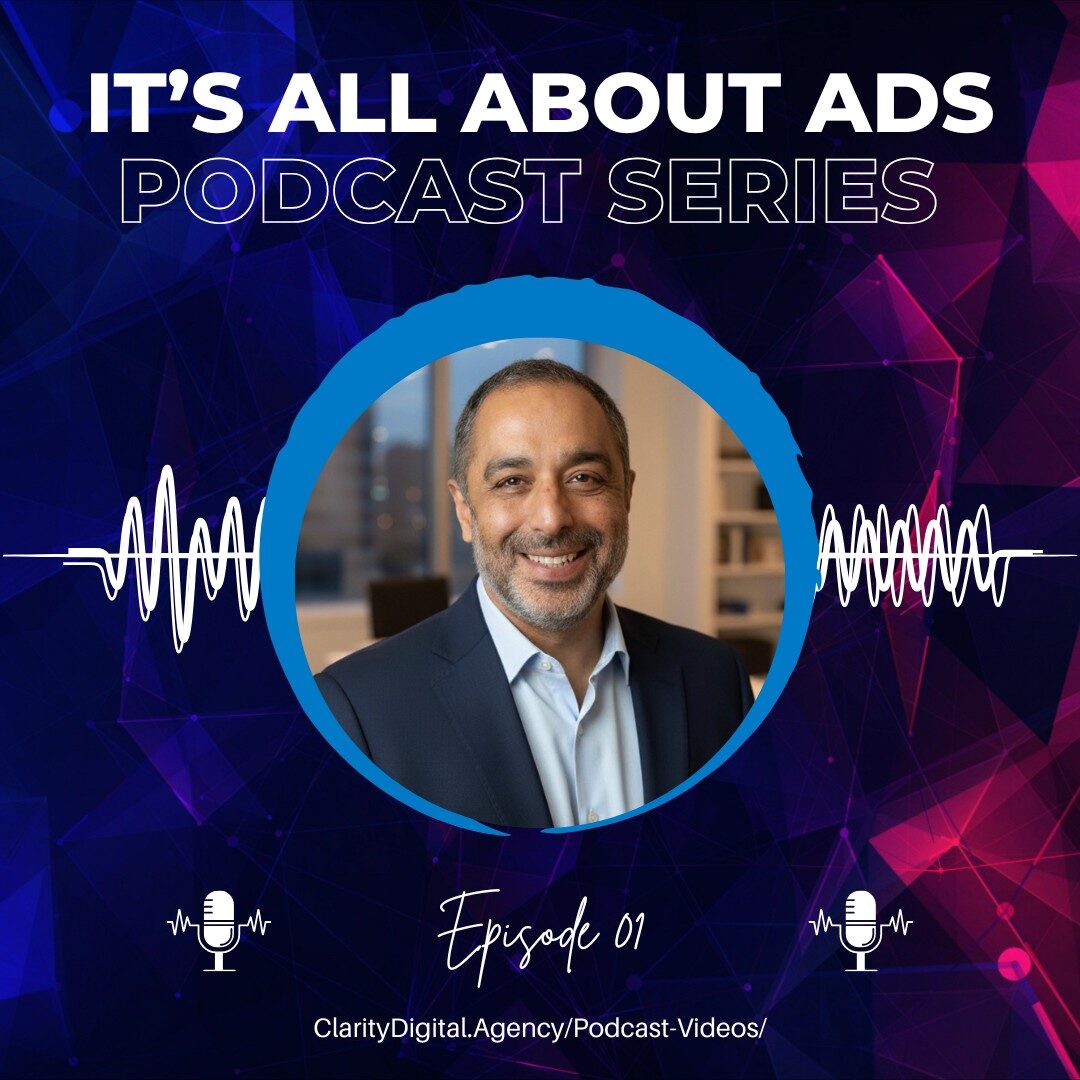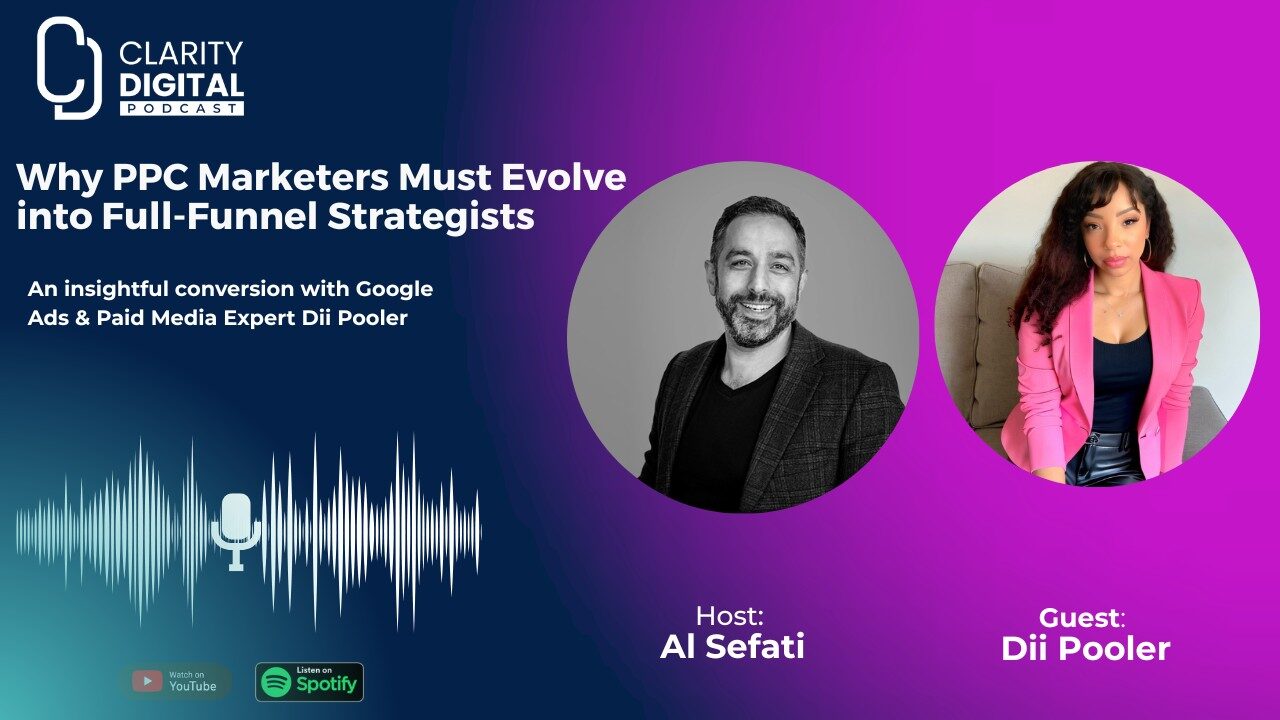The Rise of AI in Programmatic Advertising
Programmatic advertising has evolved from basic automated media buying to a smart system fueled by artificial intelligence and machine learning. AI now plays a crucial role in programmatic campaigns, influencing everything from real-time bidding and dynamic creative optimization to predictive analytics and automated budget allocation.
Modern demand-side platforms (DSPs) use AI algorithms to analyze vast amounts of data, identifying patterns and making quick decisions across thousands of auctions every second. This level of automation allows for campaign optimization at a speed and scale that manual efforts cannot match.
Machine learning models also help improve performance by learning from past data and adjusting strategies in real time. This leads to better targeting, higher returns on ad spend, and a more personalized user experience.
Scaling Personalization with Dynamic Creative Optimization
One significant use of AI in programmatic advertising is Dynamic Creative Optimization. DCO lets advertisers create and modify ads in real time, tailoring messages and visuals based on user data, context, and performance metrics.
For instance, a single campaign can provide thousands of creative variations, each designed to connect with a specific audience segment. This method consistently outperforms static creatives, with some advertisers experiencing double-digit increases in click-through and conversion rates.
AI-driven creative automation enables brands to produce these variations at scale. They can quickly generate many personalized ads, ensuring relevance while keeping brand consistency intact.
Driving Smarter Campaigns with Predictive Analytics and Budget Automation
Machine learning goes beyond targeting and creatives. Predictive analytics has become essential in programmatic advertising strategies. By looking at past performance, seasonal trends, and audience behavior, AI models can predict campaign results and proactively adjust strategies.
AI also excels in budget allocation. Instead of having fixed budgets for different channels, machine learning models can dynamically allocate spending to the most successful audiences and placements in real time. This ensures that every advertising dollar is spent wisely for the best return.
Reinforcement learning models are being adopted by top programmatic advertising agencies to handle cross-channel campaigns. These systems continually learn, optimizing performance across display, video, connected TV, and social media under a unified budget.
AI-Driven Audience Segmentation for Smarter Targeting
Personalization is now essential in digital advertising, and AI makes it possible on a large scale. AI-powered segmentation uses behavioral, contextual, and demographic data to create detailed audience profiles. These insights help deliver highly relevant ads that address individual user needs and intentions.
As third-party cookies are phased out, AI-driven contextual targeting becomes more crucial. By analyzing page content, user signals, and real-time context, programmatic advertising platforms can provide relevant ads while respecting user privacy and compliance.
The Role of Programmatic Advertising Agencies
While AI and machine learning power programmatic campaigns, the strategic component is where a programmatic advertising agency adds significant value. Agencies combine technical know-how with strategic direction to ensure campaigns meet brand goals, follow regulations, and produce measurable results.
A programmatic advertising agency provides:
- Access to top-tier DSPs and AI-powered tools.
- Expertise in implementing and managing Dynamic Creative Optimization.
- Insights from predictive analytics and forecasting models.
- Strategic budget allocation and pacing across channels.
- Human oversight to maintain brand integrity and campaign alignment.
Partnering with a programmatic advertising agency allows brands to fully leverage AI-powered automation while preserving the human element that guides strategic marketing choices.
How a Programmatic Advertising Agency Builds AI-Driven Campaigns
- Strategic Planning
A successful campaign starts with a clear understanding of business goals, key performance indicators, and target audiences. Agencies collaborate with brands to define objectives and choose the right technology stack, including DSPs, data management platforms, and AI creative tools.
- Data Collection and Audience Insights
AI relies on data. A programmatic advertising agency integrates first-party and third-party data to develop comprehensive audience profiles. Predictive modeling identifies high-value segments and informs targeting strategies.
- Creative Automation and Dynamic Content
Agencies use Dynamic Creative Optimization frameworks to provide personalized ads at scale. Core creative assets are uploaded into the platform, and AI combines visuals, headlines, and calls to action optimally for each impression. Generative AI tools help produce variations quickly while maintaining brand voice.
- Smart Bidding and Budget Management
Machine learning algorithms drive bidding strategies in real-time auctions. These models assess user value and adjust bids accordingly, ensuring spending focuses on impressions most likely to lead to conversions. Automated budget allocation directs funds to the best-performing channels and audiences.
- Real-Time Optimization
Campaign performance is monitored continuously through AI-driven dashboards. Predictive analytics highlight potential issues such as creative fatigue or underperforming segments before they affect results. Agencies can then adjust strategies immediately to keep performance on track.
- Reporting and Insights
Comprehensive reporting tools powered by AI provide actionable insights. Agencies use these findings to adjust targeting, creative strategies, and budget allocation for future campaigns.
AI Trends Reshaping Programmatic Advertising
Investment in AI across the advertising industry highlights its significance. Leading companies and platforms are integrating AI into their operations.
Publicis Groupe has invested hundreds of millions of dollars to acquire AI startups focused on creative generation, predictive analytics, and campaign automation.
Meta plans to fully automate ad creation, targeting, and budgeting using AI by 2026.
WPP’s AI platform, WPP Open, is used worldwide to generate creative ideas, test messaging, and produce content variations at scale.
These developments indicate a future where AI is not just a tool but a foundational element of programmatic advertising strategies.
Why AI and Human Strategy Must Work Together
Even with rapid advancements in AI, human oversight is still vital. AI can analyze data and automate tasks, but brand strategy, creative vision, and ethical considerations require human understanding. The most successful campaigns combine AI-driven automation with strategic guidance from skilled marketers and agencies.
A programmatic advertising agency ensures that campaigns are not only technically efficient but also aligned with brand values and long-term business objectives.
Partnering with a Programmatic Advertising Agency for AI Success
AI and machine learning are transforming programmatic advertising, allowing for real-time personalization, predictive budgeting, and creative automation on an unmatched scale. However, technology alone does not guarantee success. The combination of AI tools and the expertise of a programmatic advertising agency creates a strong foundation for achieving measurable, sustainable results.
For brands aiming to stay competitive in a digital landscape, now is the time to embrace AI-driven programmatic advertising and partner with an agency that knows how to combine advanced technology with effective marketing strategies.
Ready to harness the power of AI-driven programmatic advertising? Clarity Digital Agency is a top programmatic advertising agency partner that helps brands scale personalized campaigns, maximize ROI, and stay ahead of the competition. Contact us today to create smarter, data-driven strategies powered by automation and machine learning.





